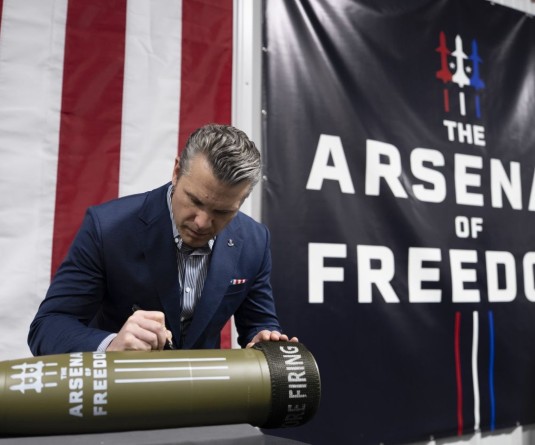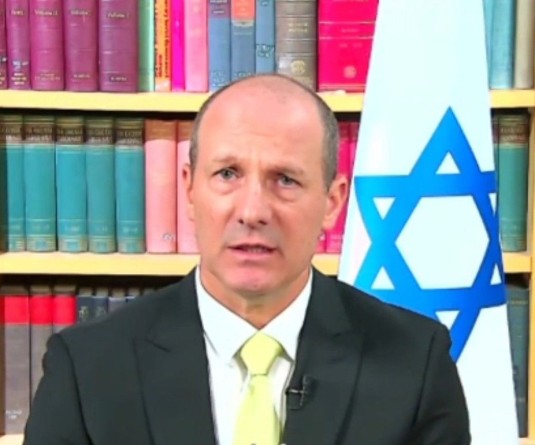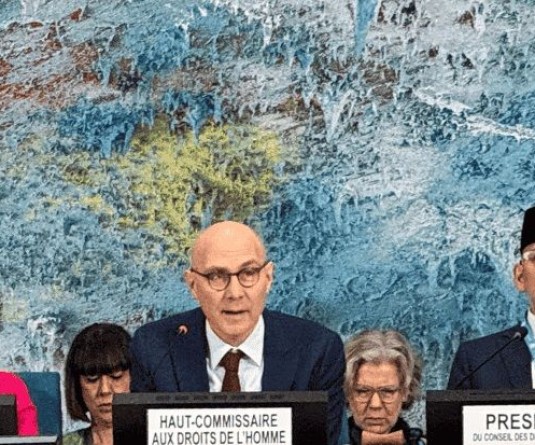Aung Myo Kyaw, a former political prisoner, shares his experiences of isolation to counsel people at a quarantine centre and coronavirus ward in Yangon, Myanmar October 16, 2020. (REUTERS Photo)
YANGON, October 19 (Reuters): After spending years in confinement, few understand uncertainty, isolation and family separation better than Myanmar's former political prisoners.
As the coronavirus spreads in Myanmar, sending thousands of people into quarantine facilities, the detainees under military rule are using their experiences to help promote mental health of those now in isolation, amid concern about infection, stress and social stigma.
Among them are Aung Myo Kyaw, who is part of a mobile counselling unit that has been giving motivational talks outside quarantine centres, using a wireless microphone to reach people inside who listen from behind wire fences.
"We learned they had similar feelings to us former prisoners since they long for visitors or people to talk to," said Aung Myo Kyaw, who spent nine years in jail in the 1990s for demanding the release of Myanmar's most famous political prisoner, and now the country's leader, Aung San Suu Kyi.
"People who are isolated in quarantine are feeling upset. And the significant problem that we learned is that even the volunteers become fragile," he said, dressed in full protective gear.
After being largely unscathed in the early stages of the pandemic, Myanmar has recorded 36,000 infections and 880 deaths, the majority of those since August.
As of last week, 43,000 people were in quarantine facilities, where they are held for at least two weeks, some for longer.
Hnin Pan Ein, a counsellor and wife of a former political detainee, said mental health during the pandemic was as much a concern as being infected, so it was important to address issues early.
"When all this stress comes down on them, they all feel depressed, angry, traumatised and discriminated against. That's why it's important to provide counselling," she said.






